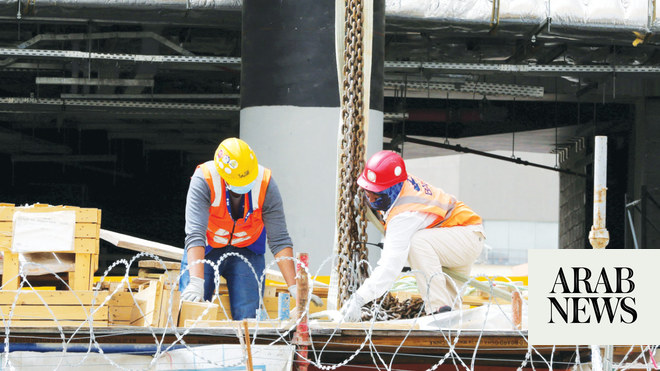
We are on the brink of a technological turning point. And, as in the case with any radical change, the opportunities and risks are being fiercely debated. Artificial Intelligence (AI) has the potential to become the most important technological innovation of the coming decades. A central question is: Will AI take or create jobs?
According to the second edition of the “Saudi Arabia CEO Outlook 2018” the majority of CEOs in Saudi Arabia feel that the impact of artificial intelligence will be positive; 84 percent state that AI will create more jobs than it destroys, compared with 62 percent of their global counterparts. This is due to the need for highly skilled people to design, program and implement the AI systems in the short to medium term. However, in the medium to long term, AI could potentially lead to technological unemployment.
Additionally, 56 percent of CEOs in Saudi Arabia mention that they are piloting AI in a limited number of processes, compared to 36 percent of global CEOs. On the other hand, 40 percent of CEOs in Saudi Arabia have begun a limited implementation of AI for some specific processes, compared with 51 percent of Global CEOs. This may be due to the earlier adoption and implementation reflecting the maturity of the global market. CEOs in Saudi Arabia are conscious of the potential of AI and are hence working toward adopting it.
Human skills are more critical than ever — in the near term we are talking more about task replacement rather than jobs. Some jobs will be right in the cross hairs — call centers, drivers, clerical and administrative tasks. However most jobs will be enhanced and made safer and easier with cognitive technology and intelligent automation. The jobs of the future will revolve around innovation, software development, data sciences, design, curation, algorithms training, and cybersecurity.
As more transparency is achieved through AI and data analytics, more problems will be identified, and people will need to lead the charge and train the systems to help people solve the business issues.
Samer Abdallah
As the pace of digital disruption is exponential, it will be harder for businesses to adapt without innovation as a core competency. Many routine, repetitive jobs will be candidates for automation, but as these technologies emerge, new innovations will follow. As risk is taken out of the physical and cognitive world, new innovations will emerge that were previously inconceivable.
Artificial Intelligence represents major changes in business models, security, infrastructure and management — the ability to train algorithms and improve the working relationships between human and machine. As more transparency is achieved through AI and data analytics, more problems will be identified, and people will need to lead the charge and train the systems to help people solve the business issues. This will continue to drive risk out of the system. These technologies will also be available to people who wish to do harm so cybersecurity will be paramount.
Humans have a critical role to play in the digital era — while robots may handle the mundane, unskilled and dangerous work we will be freed up to do more meaningful and valuable thinking, including inventing, evolving and managing new innovations. No matter what computers achieve many human traits cannot be replicated by technology. Intelligent automation has the promise to lead to breakthroughs we haven’t been able to achieve with solely human inputs — that is to say cancer diagnosis and treatment — in this case AI isn’t taking human jobs; it’s saving human lives.
• Samer Abdallah is the head of digital at KPMG in Saudi Arabia.
Disclaimer: Views expressed by writers in this section are their own and do not necessarily reflect Arab News" point-of-view












